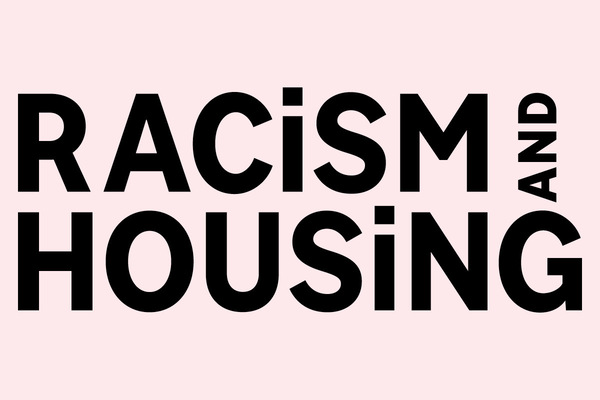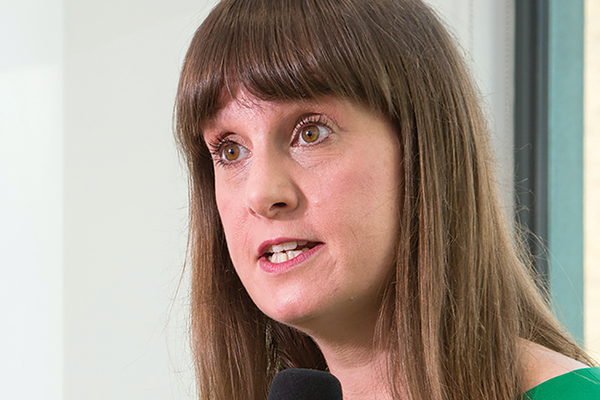You are viewing 1 of your 1 free articles

Culture may eat strategy for breakfast, but you need both to succeed
Sharon Thandi considers what makes an effective policy on equality, diversity and inclusion
Equality, diversity and inclusion (EDI) is not a tick-box exercise; it requires a meaningful ongoing commitment. A policy is not action, it should only be the starting point for your EDI practices.
As the saying goes, “culture eats strategy for breakfast”, meaning no matter how strong your policy is, you need a powerful and empowering culture to implement and drive it in a meaningful way.
For real change, everyone from the board and senior leadership team through to staff at all levels must buy into it and see their role in fostering your organisation’s culture.
“Those with direct lived experiences, with different backgrounds or perspectives, should have the opportunity to feed into your organisational structure”
Having a diverse organisation means differences exist, but this is not enough. An inclusive workplace takes this forward to ensure people from all backgrounds feel valued.
Those with direct lived experiences, with different backgrounds or perspectives, should have the opportunity to feed into your organisational structure.
The risks of getting it wrong
Recent headline-grabbing news offers a stark warning that even a well-established, high-profile organisation, such as the National Council for Voluntary Organisations (NCVO), can struggle.
An independent report found that “bullying and harassment were frequently targeted around protected characteristics” at the NCVO, and incidents were found to be “pervasive and systemic, indicative of a culture where overt oppression is allowed to continue with impunity”.
The NCVO subsequently released a public statement admitting it had got its EDI culture wrong and that it was a “structurally racist organisation and that the same is true for sexism, homophobia, transphobia, classism and disablism”.
This shocking public statement follows an equally shocking report, demonstrating that if you don’t get your culture right, the consequences can be dire, including reputational damage, public scrutiny and regulatory scrutiny, not to mention disciplinary fall-outs.
“There is no silver bullet, which is why creating a transformational and progressive EDI culture that is based on effective policies is so important”
Such serious failures may also suggest governance weaknesses where policies are not being followed, failures in accountability frameworks and risk management and a lack of understanding of legal obligations.
As part of good governance, housing associations must proactively manage the risks of adverse external perceptions and criticisms relating to EDI failures, especially as today’s environment and the heightened awareness around these issues can cause serious reputational fall-outs.
An ongoing journey
Mushtaq Khan, chief executive of the Housing Diversity Network, said: “One of the biggest issues that we come across is that organisations see EDI as a problem to solve rather than a journey that they’re on. We think that being good at EDI is about managing the journey that you’re on, making sure that you’re looking at the map and planning the route.”
A robust EDI policy and strategy should build the foundations for a positive culture and be a tool to turn these words into actions. For example, how will your policy be actioned daily? Consider forming a list of the intentions set out in your policy and discussing with members of your organisation how you can achieve these.
The wider world continues to grapple with the inequalities we face in society, and the housing sector recognises its moral obligation to do better. There is no silver bullet, which is why creating a transformational and progressive EDI culture that is based on effective policies is so important. So, while culture may eat strategy for breakfast, organisations will need both to succeed.
The National Housing Federation’s (NHF) new code of governance, published in November last year, contains a greater emphasis on equality, diversity and inclusion. It requires boards to have an active commitment to achieving EDI in all the organisation’s activities, including having policies and statements in place and regularly defining the culture and behaviours that will best enable the organisation to deliver its mission and values.
As part of our continued commitment to this area, we have partnered with the Housing Diversity Network to develop a template EDI policy, which includes best practice requirements that comply with your legal and regulatory requirements as well as the NHF code. This template is aimed at facilitating discussion, and we hope it will enable housing providers to progress their wider EDI strategies.
Sharon Thandi, associate in the housing corporate and governance team, Penningtons Manches Cooper











